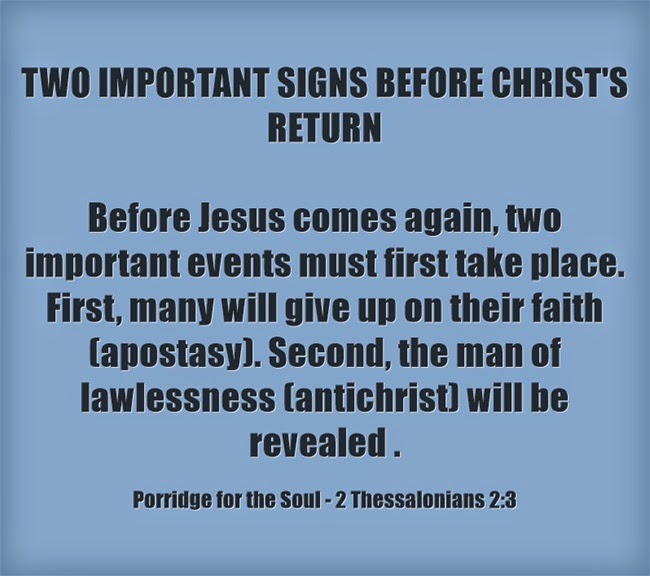On
Good Friday, we remember Christ who was crucified on the cross for the sins of
man.
But
why call it ‘good’? It’s because Christ’s death secured for us several
benefits. Let’s meditate on all the good things that result from Jesus’ death
on the cross.
Praise
the Lord, my soul;
all my inmost being, praise his holy name.
Praise
the Lord, my soul,
and forget not all his benefits—
who forgives all your
sins
and heals all your diseases,
who
redeems your life from the pit
and crowns you with love and compassion,
who
satisfies your desires with good things
so that your youth is renewed like the
eagle’s.
Christ
not only forgave our sins and healed our diseases through His death. Through
His resurrection, three days after His death, He defeated death, sin and
the devil.
Death, where is thy
sting?
The
resurrection of Jesus is the epitome of hope. There is life after death for
believers— everlasting life in heaven. Just as Jesus’ death is not final,
physical death is not final for those who believe in Him.
Jesus
said, "I am the resurrection and the life. He who believes in me will
live, even though he dies” (John 11:25). Can we think of any other promise that
offers greater hope for a man when he passes through the valley of death?
Victory over sin
Believers
were once spiritually dead. Like the rest of the world, we lived in sin, obeying
the devil—the commander of the powers in the unseen world—and following the passionate
desires of our sinful nature (Ephesians 2:1-3).
Christ’s
resurrection enables believers to live a victorious life. Sin’s power over them
has been broken.
How
is this achieved? First, believers identify with the death of Christ by dying
to sin, which is symbolised by the act of baptism. And just as Christ was
raised from the dead, even so believers are empowered by the Holy Spirit to
walk in newness of life (Romans 6:3-11, Galatians 5:16). Set free from bondage
to the inclinations of their sinful nature, they are able to resist Satan and
no longer incur God’s wrath (Romans 8:1-2, James 4:7).
As
long as we choose to walk by the spirit, die to self, lay our selfish desires
at the foot of the cross, we will win the battle against the flesh. “Those who
live according to the flesh have their minds set on what the flesh desires; but
those who live in accordance with the Spirit have their minds set on what the
Spirit desires” (Romans 8:5).
By
choosing to ‘walk by the Spirit’, we will not gratify the desires of the flesh
(Galatians 5:16). What are some of the practical steps involved? Draw near to
God; be exposed to people and situations where God is glorified; pray in the
Spirit; listen to uplifting messages; worship God; fellowship with other
believers.
Satan defeated
Christ’s
death at the cross also paved the way for the defeat of Satan. “The Son of God
was manifested, that he might destroy the works of the Devil” (1 John 3:8). Christ
“disarmed the spiritual rulers and authorities” and “shamed them publicly” by
His victory over them at the cross (Colossians 2:15). Believers, now seated in
the heavenly places next to Christ, rest in this exalted position of victory
over the principalities and powers (Ephesians 2:6). The battle has already been
won.
Now
the task for believers is to enforce the victory that Christ has achieved for
them at the cross. How do we enforce this victory? Through worship, waging
warfare prayer, testimonies, proclaiming and affirming the truth, and commanding
the evil spirits to leave by taking authority over them (Ephesians 6:10-11, Matthew
4:10, Mark 5:8, Revelation12:11).
Sin
opens the door for satan and evil spirits to enter our lives. If we are tempted
by the enemy, we are told to submit to God, resist in the Holy Spirit and the
devil will flee (James 4:7). Jesus knew how to rebuke satan with the Word when
He was tempted (Matthew 4:1-11). When satan puts negative, discouraging or
destructive thoughts in our minds, it’s time to declare God’s word to counter
his lies and demolish the strongholds the evil one has set up in our minds (2
Corinthians 10: 3-5). Not knowing the truth is disastrous. We have to be well-equipped
with the Word.
Praise
God that satan is already a defeated enemy. One day, Satan will finally be
thrown into the lake of fire (Revelation 20:10).
In
summary, Christ’s death and resurrection accomplished for us five things:
- Forgiveness of sins and restoration of our relationship with God (Romans 10: 9, 13)
- Healing of diseases (Psalm 103:3)
- Death has lost its sting (1 Corinthians 15:55, John 11:25)
- Victory over sin (Romans 8:1-2)
- Defeat of satan (1 John 3:8, Colossians 2:15)
As
we reflect on all the above this Easter, let’s learn to be grateful. May our
lives be worthy in relation to what Christ has done for us.
RELATED POSTS
IT IS FINISHED













